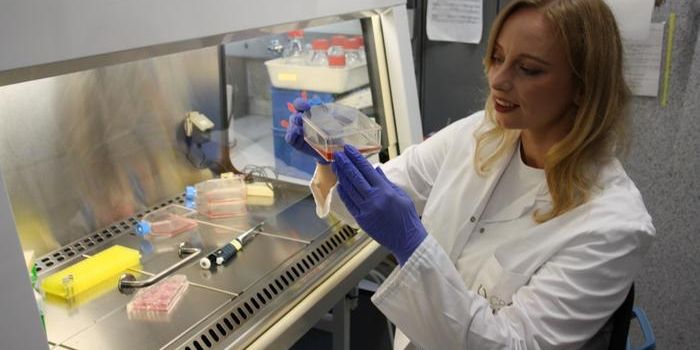What patients don't know: the side effects of cancer treatment
If anyone you know has ever had to go through treatment for cancer, or if you yourself have had to, you know that fighting the cancer is only part of the battle. Surgery, chemo, radiation, and immunotherapy may all help save lives, but the side effects of these cancer treatments can be debilitating, and new research shows that many patients feel blindsided by the severity of these effects.
The study was published recently in the Journal of Oncology Practice as an attempt to shed light on the fact that there are currently few statistics available to estimate what percentage of cancer patients will experience treatment side effects. The study surveyed 400 adults in the United States, all of whom had received cancer radiation therapy within the last 5 years. Of those 400 individuals, 52% had also had surgery and 41% of the participants had undergone chemotherapy.
The findings from the study showed that almost one-third of patients feel they lacked information on the possible side effects for all three cancer treatments. Common side effects for radiation and chemo include fatigue, hair loss, nausea and vomiting, changes in appetite and mood, and sleep problems. Chemo can also cause long-term heart or nerve damage as well as fertility issues.
The participants who had undergone more than one treatment also rated the severity of the side effects from 0 to 100, with chemotherapy coming out as the most severe at 63, surgery at 47, and radiation therapy at 45. Unsurprisingly, those who had undergone combination therapy also reported feeling more intense side effects of pain, weakness, and fatigue, than those who received radiation only.
"The pronounced impact of treatment side effects for patients receiving combination therapy also suggests a need to build better coordination between oncology disciplines about managing side effects and to improve informed consent processes across cancer therapies," commented first author Dr. Narek Shaverdian, who is a radiation oncologist at Memorial Sloan Kettering Cancer Center in New York City.
All in all, one in five of the participants reported wishing they had gotten more information about their treatment’s potential side effects. Whether that information is coming from their surgeons, their oncologists, their PCPs or cancer support groups, the consensus is in: cancer patients want to be better informed.









